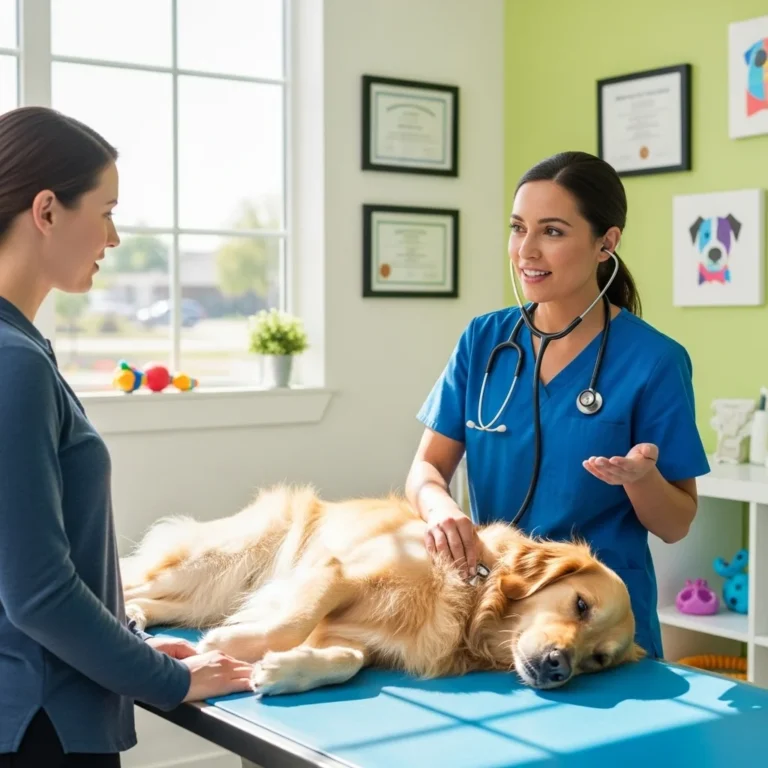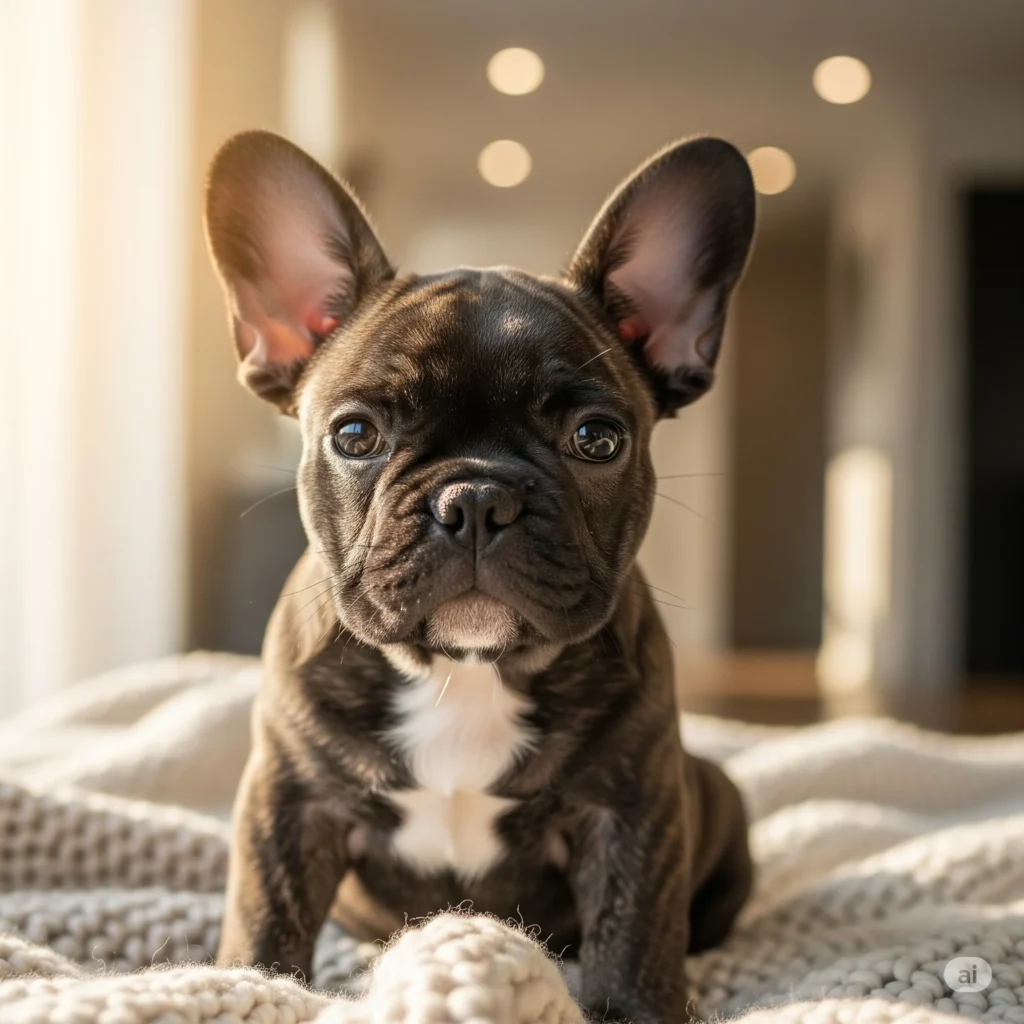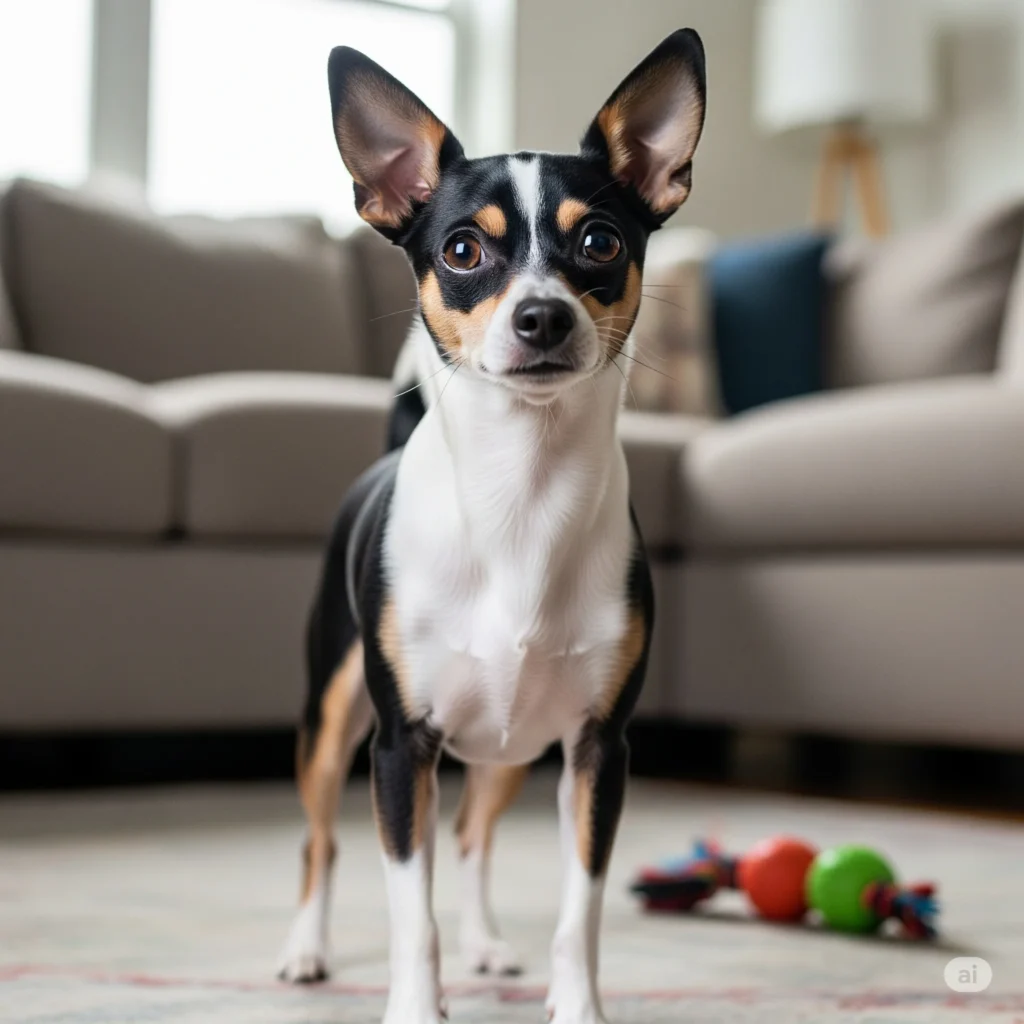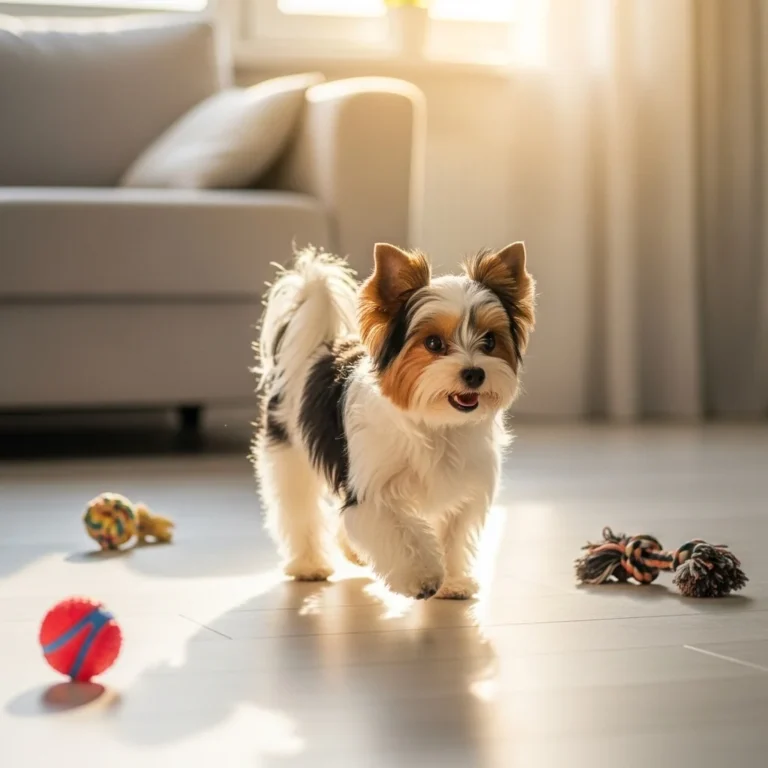
dog hiccups
Ever noticed your pup suddenly going hic, hic, hic like a tiny squeaky toy? It’s both adorable and a little puzzling, right? Dog hiccups are one of those quirky things that make you stop and wonder if everything’s okay. Don’t worry about dog hiccups—you’re not alone. Most of the time, hiccups are no big deal. But sometimes, they can actually hint at something your furry buddy needs checked out. Let’s break it down, from what hiccups look like, why they happen, how to soothe them, and when it’s time to call the vet.
What do dog hiccups Look like
Visible signs and behaviors
When your dog gets the hiccups, you’ll usually notice their chest or belly doing these little rhythmic jumps. It’s kind of like a mini spasm that repeats every second or two. The funny part? Most dogs don’t even realize it’s happening. They’ll keep playing, lounging, or staring at you with their “what’s your problem?” face.
Acoustic clues and rhythm
The classic “hic” noise is usually soft and quick. It’s not loud like a cough, more like a tiny squeak of air getting cut off. It can sound super cute—like your pup’s got a hidden squeaker toy stuck inside. According to PetMD, dog hiccups often come in bursts and then just… disappear on their own.
Differences from coughing, reverse sneezing, gagging
Now, don’t confuse hiccups with other sounds. A cough is rough and forceful, usually with some throat action going on. Reverse sneezing looks dramatic—dogs extend their necks and do this loud snorting thing. Hiccups, though? Way gentler. They come from the diaphragm spasming, not the throat. Here’s a quick video that shows the difference.
can dogs get hiccups
Physiological mechanism in canines
Yep, dogs totally get hiccups—just like us. It’s all about the diaphragm, that big muscle under the lungs. When it spasms, the vocal cords snap shut and… hic! Simple science in action. Whole Dog Journal even points out that hiccup-like spasms have shown up in dogs under anesthesia, so it’s definitely a thing.
Expert opinions and veterinary perspectives
Most experts say hiccups are nothing to freak out about. The AKC explains that scientists aren’t 100% sure why they happen, but one idea is they help dogs release extra gas in the stomach. PetMD agrees—they usually go away fast. Still, vets like Dr. Ellen Marcinkiewicz from The Vets warn that frequent or long-lasting hiccups deserve a check-up, just in case.
Can Puppies Have Hiccups?
Nervous-system immaturity theory
If you’ve got a young pup, chances are you’ve seen hiccups more often. Their little bodies are still figuring out how to control breathing muscles, so hiccups pop up easily. Whole Dog Journal notes puppies usually outgrow it by about four months. Think of it like training wheels for their nervous system.
Observations from veterinarians
The Kennel Club says puppies often hiccup after wolfing down food or water, or when they’re overly tired, chilly, or just super excited. Patton Vet Hospital explains it’s all about their still-developing nerves around the diaphragm. Translation: puppy hiccups are common and usually no biggie.
Why do my dog hiccups? (causes)
Common, benign triggers
- Eating or drinking like there’s no tomorrow—gulping air along with food. (PetMD)
- Getting overexcited or stressed, which messes with breathing rhythms.
- Sudden temp changes—like cold water hitting the tummy. (The Kennel Club)
- A little tummy upset or gas.
Less common / pathological causes
Sometimes hiccups are a red flag. A Mississippi State University case showed a dog with chronic hiccups that turned out to be Addison’s disease. Other causes? Things like pneumonia, esophagitis, or even a mass pressing on nerves. The Vets confirm these are rare, but worth noting.
Breed predispositions and anatomical risk
Short-snouted breeds like Pugs and Bulldogs? More prone to hiccups thanks to their squished airways. PetMD points out their anatomy makes them a little more hiccup-happy.
dog hiccups treatment
Veterinary diagnosis and medical interventions
If hiccups stick around too long or seem weird, vets might run tests—blood work, X-rays, ultrasounds, you name it. That Mississippi State case (“Maggie”) needed imaging and hormone testing before Addison’s was discovered. (case link) Treatment depends on what’s really going on, from antibiotics for infections to surgery if there’s a tumor.
When medications or imaging are required
If something serious shows up—like lung issues or a mass—the vet may suggest meds, surgery, or even nerve-related treatments. Luckily, that’s rare. Most hiccups don’t get anywhere near that level.
Dog hiccups treatment home remedies
Gentle soothing techniques
- Offer lukewarm water in small sips. Dr. Denton told Chewy it helps calm the diaphragm.
- Belly rubs or gentle chest massages—basically spa day for your pup. (PetMD)
- Distract them with a short walk or game to reset breathing. (The Farmer’s Dog)
Dietary and behavioral adjustments
- Use slow-feeder bowls so they don’t inhale dinner in five seconds.
- Stick to smaller meals spread throughout the day. (The Vets)
- Skip icy-cold water and huge food temp swings.
Cautions and contraindications
Forget old myths like scaring your dog to stop hiccups—that’s a no-go. And watch out for sweet “remedies” like honey or syrup. If you try them, Pawlicy says make sure there’s no xylitol, which is toxic for dogs.
When Dog Hiccups Become a Vet Emergency
Warning signs and red flags
Call the vet if:
- Hiccups last over an hour or keep happening daily. (The Vets)
- They come with vomiting, drooling, wheezing, or serious breathing issues. (PetMD)
- Your pup looks weak, tired, or their gums turn pale/blue.
Cases from veterinary literature
Remember Maggie, the Addison’s disease case? Her hiccups went on for three hours—definitely not normal. (Case report)
What to prepare before you go to the vet
- Record a video of the hiccups—super helpful for diagnosis.
- Note when it happens (after meals? during play?).
- List any other symptoms you notice.
- Bring your dog’s health records.
Conclusion
Most of the time, dog hiccups are just a harmless quirk—kind of like your pup’s version of yawning too loud or chasing their tail. Puppies especially tend to hiccup more, but usually grow out of it. Still, keep an eye on things. If the hiccups drag on, get weird, or come with other symptoms, it’s best to play it safe and let the vet take a look. Knowing what’s normal and when to step in means you’ll always have your furry friend’s back.
please leave comment
you may like it






